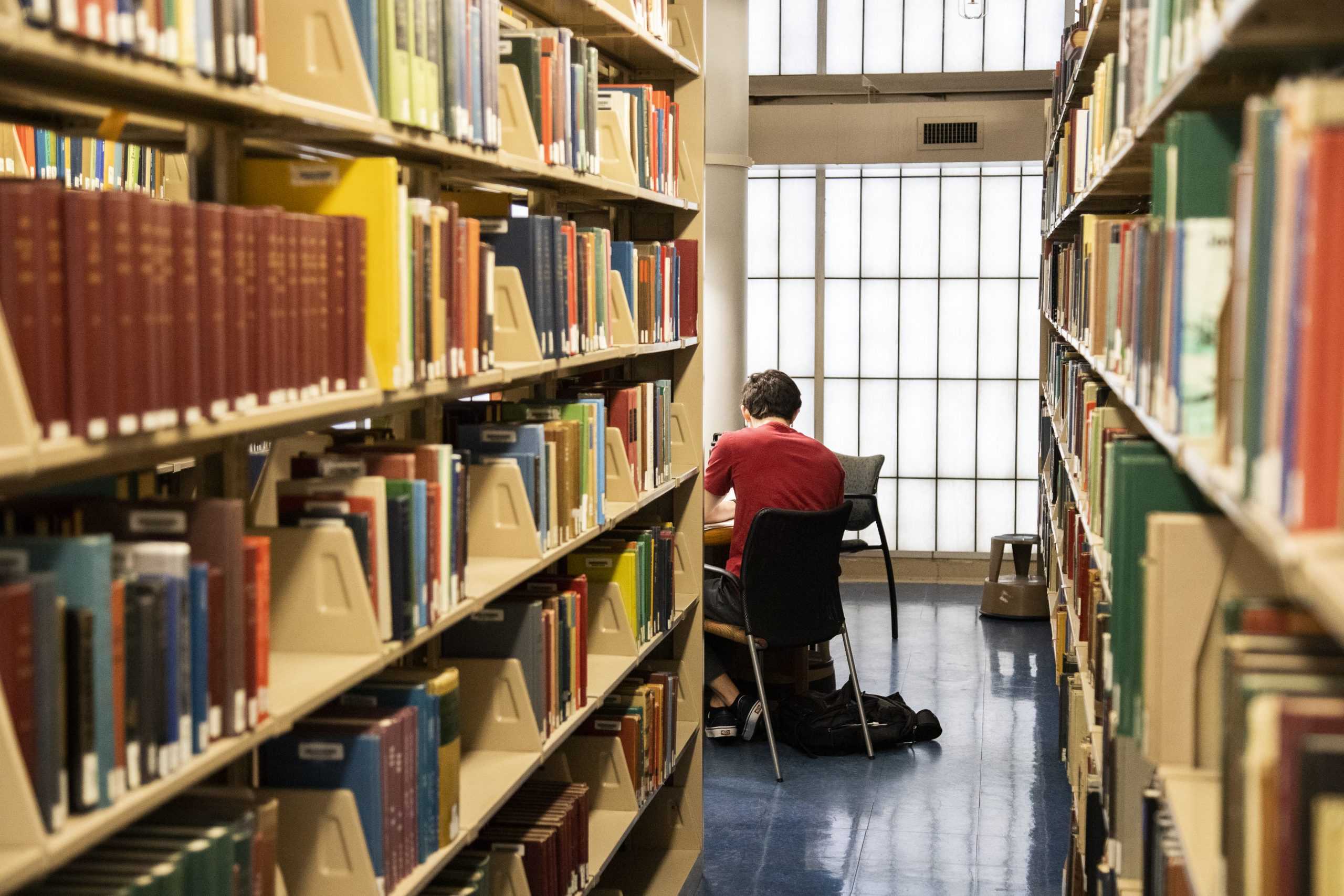Student participants and faculty mentors participating in the 2020 Summer Scholars Program are completing their research virtually as a result of the coronavirus pandemic.
The Summer Scholars Program offers undergraduate students the opportunity to carry out independent research over an 11 week period with the help of a St. Joe’s faculty mentor, according to the program’s website. This summer, the program began on May 18, with all students completing projects remotely.
“Disappointment but adaptable,” is how Richard Gioioso, Ph.D., Summer Scholars mentor, described the transition.
Gioioso said he originally planned to travel to El Salvador to conduct community-engaged research with Maddelyn Guerke ’21 and Paul Koenig ’22, two summer scholars.
“The communication, while not as rich as it would be face-to-face in the actual country, is the next best thing,” said Gioioso, referring to the mix of emails, phone calls, video chats, and WhatsApp messages that will be used to communicate with citizens of El Salvador. “The show must go on.”
The in-person feedback from faculty mentors is another aspect of the program that will undoubtedly change, said Sophie Paige ’21, summer scholar.
“When we collect all the data, getting it together coherently could be an issue,” Paige said.
Paige is working under the supervision of Rachael L. Sullivan, Ph.D., assistant professor of communications and digital media studies, and will analyze social media content in relation to political events and movements. Paige said the interviews with social media creators were already planned to be conducted virtually, but communication with Sullivan will be impacted due to social distancing practices.
“We could flesh [our research] out better in person,” Paige said. “On Zoom, nothing is as thorough.”
The frequency of communication and the ability to track progress is an additional consideration, Sullivan said.
“We are using Zoom once a week and a Google Sheets spreadsheet for what [we’re] supposed to do each week, and she can check in on that,” Sullivan said. “It’s hard thinking of virtual stuff to fill a week.”
For summer scholar Gianna Penezic ’21, the switch to remote research is also creating challenges about the appropriate time to contact hospital workers amidst a pandemic.
“Do they really want to answer questions after [a] huge shift?” Penezic said.
Penezic, who is researching organ donation, said she will send out online surveys to hospital employees with the help of Aloysius S. Ochasi, Ph.D., D.Bioethics, assistant director of Academics & Consultation at the Institute of Clinical Bioethics.
“For the hospital side, we don’t know when to reach out,” Penezic said, “With [COVID-19], everything is on them.”
Summer Scholar Brynn McCall ’21, is facing a similar issue in collecting her data. McCall is working with Professor of Health Services Michelle Rowe, Ph.D., and planned to interview school nurses and review the training procedures for treating students with autism.
“I will have to do a lot of phone surveys and email surveys,” McCall said. “We can’t see [participants] face-to-face.”
Rowe, who has previously served as a Summer Scholars Program faculty mentor, said the adaptability of projects this year can help students approach problems and projects differently.
“It’s nice to have the flexibility, and once you put your computer away, it allows you to be creative,”Rowe said. “The most important thing is that these students run with it and have fun with it.”

















































